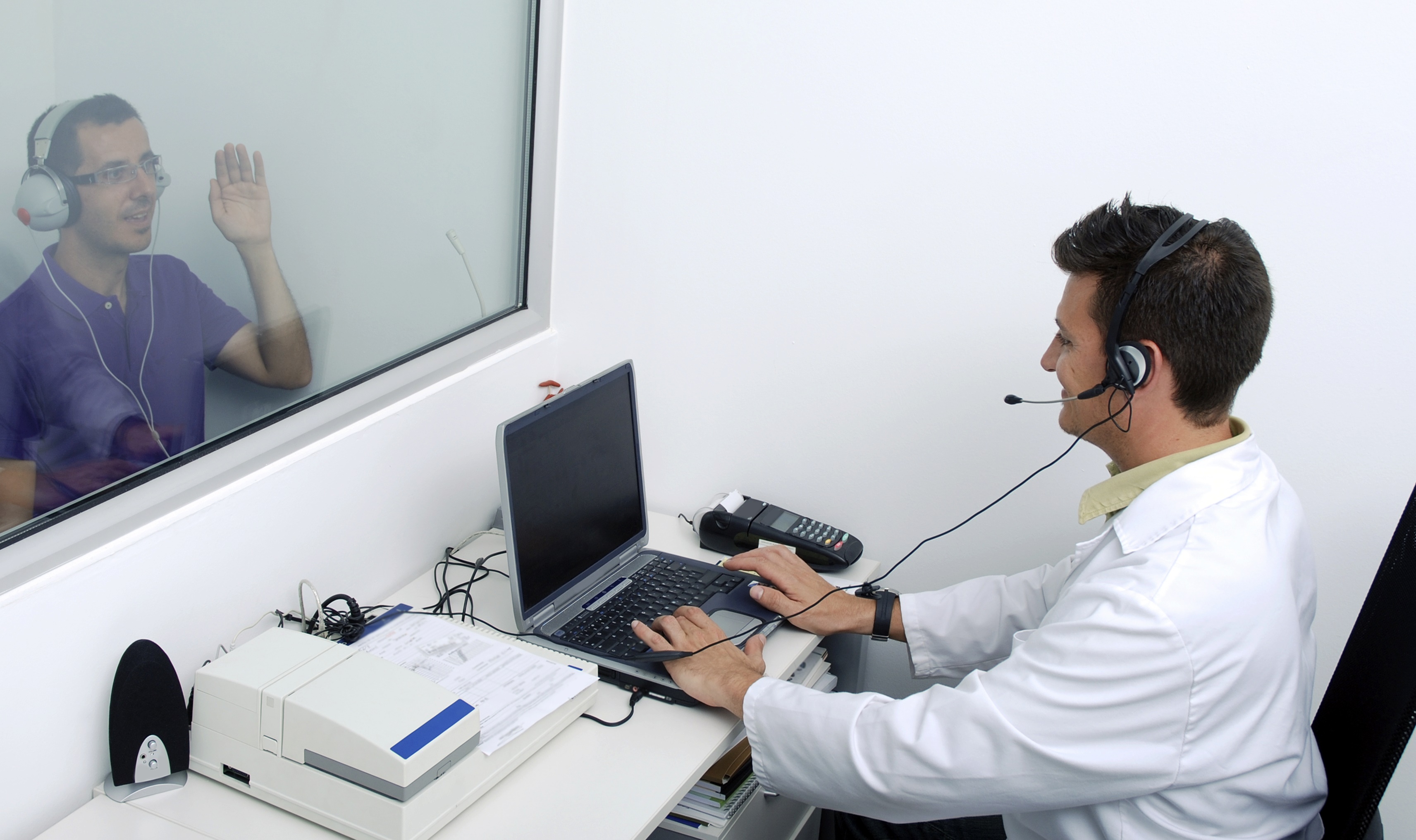
Congratulations on taking the preliminary step toward better hearing by booking your hearing exam. You’re already ahead of the game, as a large number of people delay getting a hearing test for many years—in some instances decades.
But now that you’ve booked your hearing test, you’ll want to make sure you’re prepared for the visit, especially if test results reveal that you could benefit from hearing aids. Selecting hearing aids can be complicated, but if you ask the right questions, your hearing care professional can help point you to the most suitable technology.
To attain the best hearing possible, make sure to ask these five questions at your upcoming hearing test.
1. What kind of hearing loss do I have?
Your hearing care professional will test your hearing using the latest technology, and the results of the test will be printed on a diagram referred to as an audiogram. See to it that your hearing professional reviews the audiogram with you and explains:
- The type and severity of your hearing loss. High-frequency hearing loss is most common, and is categorized as mild, moderate, severe, or profound.
- How hearing aids will help, and if and why you’d need hearing aids for one or both ears. Hearing loss in both ears is best managed with two hearing aids, and the audiogram will present the results for both ears.
2. Which hearing aid is most appropriate for my needs?
Each client’s hearing loss and hearing needs are unique. The more your hearing professional understands about your way of life, the better they can recommend the suitable technology.
If you’re fairly active, for instance, you may look into the latest hearing aid technology with wireless functionality. If you don’t require all of the special features, however, a more cost-efficient option is probably a better fit.
3. What are my options for financing?
Next up is everyone’s least favorite subject—price. Although you should take into account that the benefits of hearing aids far outweigh the cost (the monthly cost in most instances being lower than the cable TV bill), the price can still seem high.
A number of financing opportunities are available that can help cover the cost, although not all options are available to every client. Still, you should check with your hearing professional regarding some of these resources:
- private insurance (rare but worth inquiring about)
- Medicare and Medicaid
- Veterans Administration benefits
- charitable organizations
- state programs
- financing options (special healthcare credit arrangements)
4. How can I best adjust to my new hearing aids?
After you’ve decided upon your preferred hearing aids and have had them expertly fit, you can go home and instantly hear perfectly without any problems, correct?
Not exactly. Much like anything brand new, you’ll require some time to adapt. You’ll be hearing sounds you haven’t heard for some time, your voice may sound different, and the fit of the hearing aid may feel awkward. This is completely common and expected, and will take care of itself in a short amount of time. You just have to be client.
Make sure your hearing professional provides tips on how to best adapt to your hearing aids, including how to operate them and how to master the features.
5. How do I take care of my hearing aids?
Hearing aids are intricate and dependable products that should function reliably for many years. Still, they do require consistent cleaning and care. Talk to your hearing professional about cleaning kits and procedures, storage solutions, accessories, and battery management.
In addition, it’s a good idea to have your hearing instrument specialist professionally clean your hearing aids a few times a year.
As you prepare yourself for your hearing test, keep in mind that achieving the best outcome requires:
- understanding your hearing loss
- matching your hearing loss and lifestyle to the right technology
- choosing an affordable solution based on your budget
- fitting and programming your new hearing aids
- adjusting to and taking care of your hearing aids
With the assistance of your local hearing care professional—and by asking the right questions—you can assure the best outcome and a lifetime of better hearing.